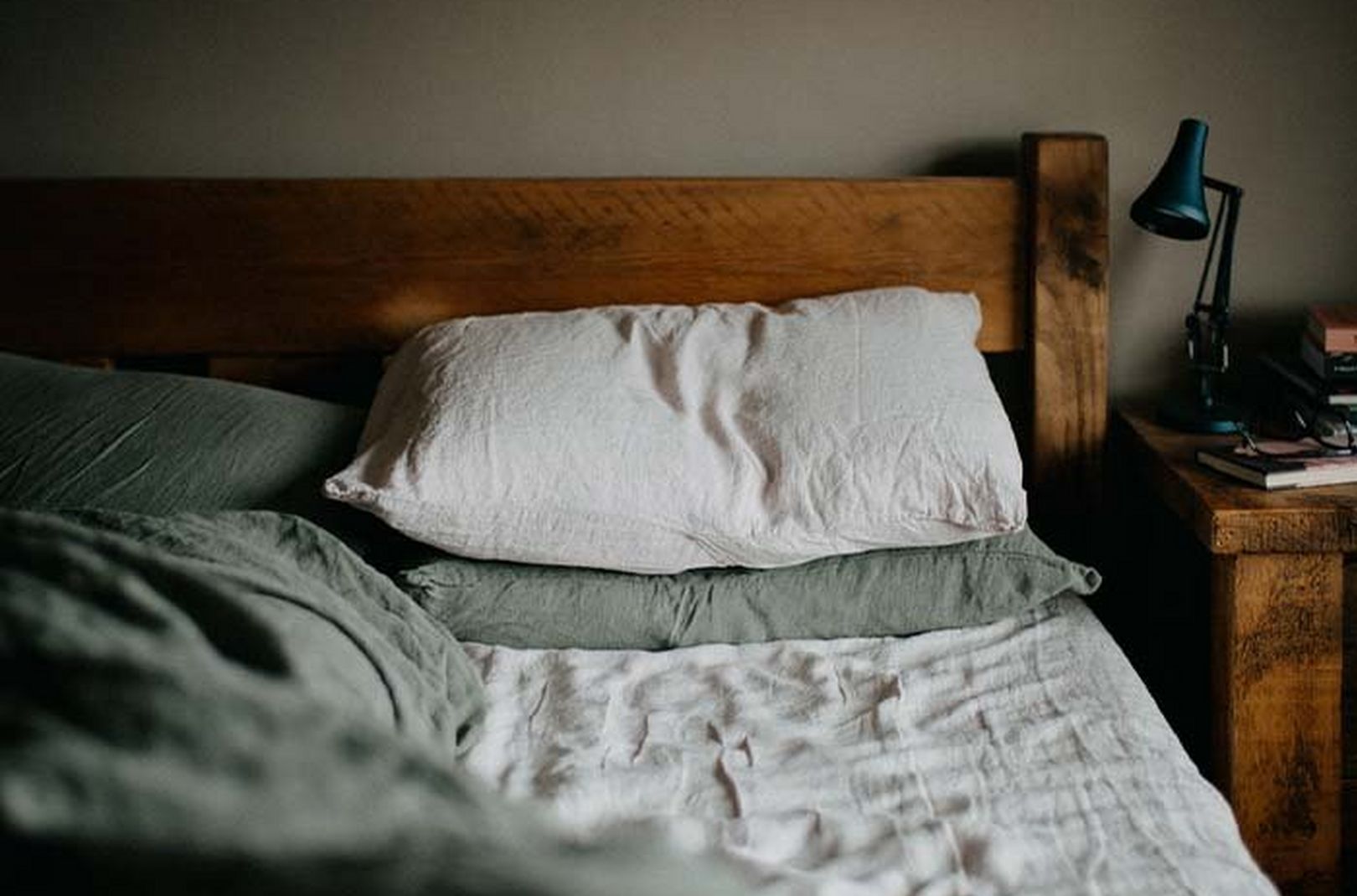A dip in mood is natural and normal in the winter months. Mood and motivation hormones drop as the days become shorter and darker. January and February can be particularly hard, with Christmas a distant memory, and spring still feeling far off. Thankfully, the outdoors is a natural tonic that can improve your physical and mental health. We’ve teamed up with Ruth Rosselson, an expert from Manchester Mind, to share some tips on how to ease the winter blues.
Although only a small percentage of people (about 2%) qualify as suffering from true seasonal affective disorder, around one in five of us experience some kind of winter blues. Symptoms include low mood and energy, sleep disturbances, lack of energy, motivation and difficulty concentrating. For those with true S.A.D. these symptoms can be severe, affecting their ability to function day to day. This is a recognised medical condition and if you feel this is you, then do go and see your doctor. For the rest of us, where symptoms are noticeable but bearable, there is plenty you can do to help yourself.
Light
Light therapy is one of the popular treatments for S.A.D. and the winter blues. This involves sitting in front of a special lamp which stimulates the brightness of sunlight. It is thought that it boosts the mood hormone serotonin, as well as decreasing the sleep hormone melatonin. However, sitting in front of a S.A.D. lamp isn’t the only way to increase your daylight exposure. Research has shown that a daily walk in the morning or middle of the day can be just as good. Getting outside will not only boost your serotonin levels, but also give you a chance to top up on Vitamin D levels which also drop during the winter. It’ll also help to regulate your body clock, promoting sleep. You might even add in a pre-sunset walk as well. Having the right gear means that it’s easier to be outside whatever the weather and reap the benefits of what little light there is.

Getting outside will not only boost your serotonin levels, but also give you a chance to top up on Vitamin D levels which also drop during the winter
Nighttime routines
In the evenings, get the body ready for sleep by dimming the lights in the house and make the house nice and cosy. You might even want to keep your Christmas lights until the change of clocks in March. Electronic devices confuse our body clock, so if getting to sleep is an issue, you might want to cut down on phone and laptop usage right before bed.

Move more and get outside while you’re doing it
You don’t have to hit the gym to reap the benefits of moving more. Exercise boosts our motivation and mood hormones, lifting the spirits, and giving you some energy back.
Regular physical activity can also increase your self-esteem, aid concentration and it aids sleep too. If you can exercise outdoors, you’ll tick a lot of the boxes, whether it’s a pootle round the park, a hike in the hills, or a walk and talk with a friend. Sharing your activity with others can add an additional boost, increasing feelings of connection. Whether you’re into climbing, hiking, biking, wild swimming or stand up paddle boarding, make a commitment to continue through the winter months, and enlist a friend or join a club to help keep yourself motivated. If you love a challenge, make outdoor exercise one of your New Year’s Resolutions.
Getting out in nature has additional benefits, and studies show it promotes health and wellbeing. Give yourself the opportunity to be mindful while you are there, really connecting to nature by focusing on some of your senses in turn. Notice the colours, shapes and textures as you look around you, take in whatever aromas hit your nose, and spend some time really listening to the sounds around you. Notice how your body feels as you’re doing this, and how it feels while you’re out and about. You’ll be amazed what you notice when you make the effort to pay attention.

Whether you’re into climbing, hiking, biking, wild swimming or stand up paddle boarding, make a commitment to continue through the winter months, and enlist a friend or join a club to help keep yourself motivated.
Seek out positive activities
It’s important to seek out positive activities when you can, even if you might not feel like it. This might include making dates to catch up with friends; positive social relationships are really important for our wellbeing, and act as a buffer against mental ill health. Make an effort to stay in touch with friends and family and accept invitations even if you don’t feel like going. You can always leave early if you don’t enjoy it, but give yourself a chance to see if it helps first. Other positive activities which can boost mental health include keeping a regular gratitude diary. You can also learn to drink in the good – which means that whenever something nice or positive happens, give yourself an extra 30 seconds or so to savour it in within the body. It helps balance out the mind’s natural negativity bias.

Meditation
Regular meditation practice can help you tap into a sense of calm and change your relationship to the thoughts that might be reinforcing negative beliefs about winter. Even just ten minutes every day can make a difference.
Take a look at our Outdoor Relaxation Guide for more advice on how to bring teh natural calming effects of nature and the outdoors into your life.

Mind
Manchester Mind is has been supporting better mental health for everyone in Manchester for over 30 years. Visit our self-care hub for more tips and hints to look after your wellbeing: www.manchestermind.org/wellbeing-hub
National Mind: www.mind.org.uk/
Find a local Mind close to you: www.mind.org.uk/about-us/local-minds/




